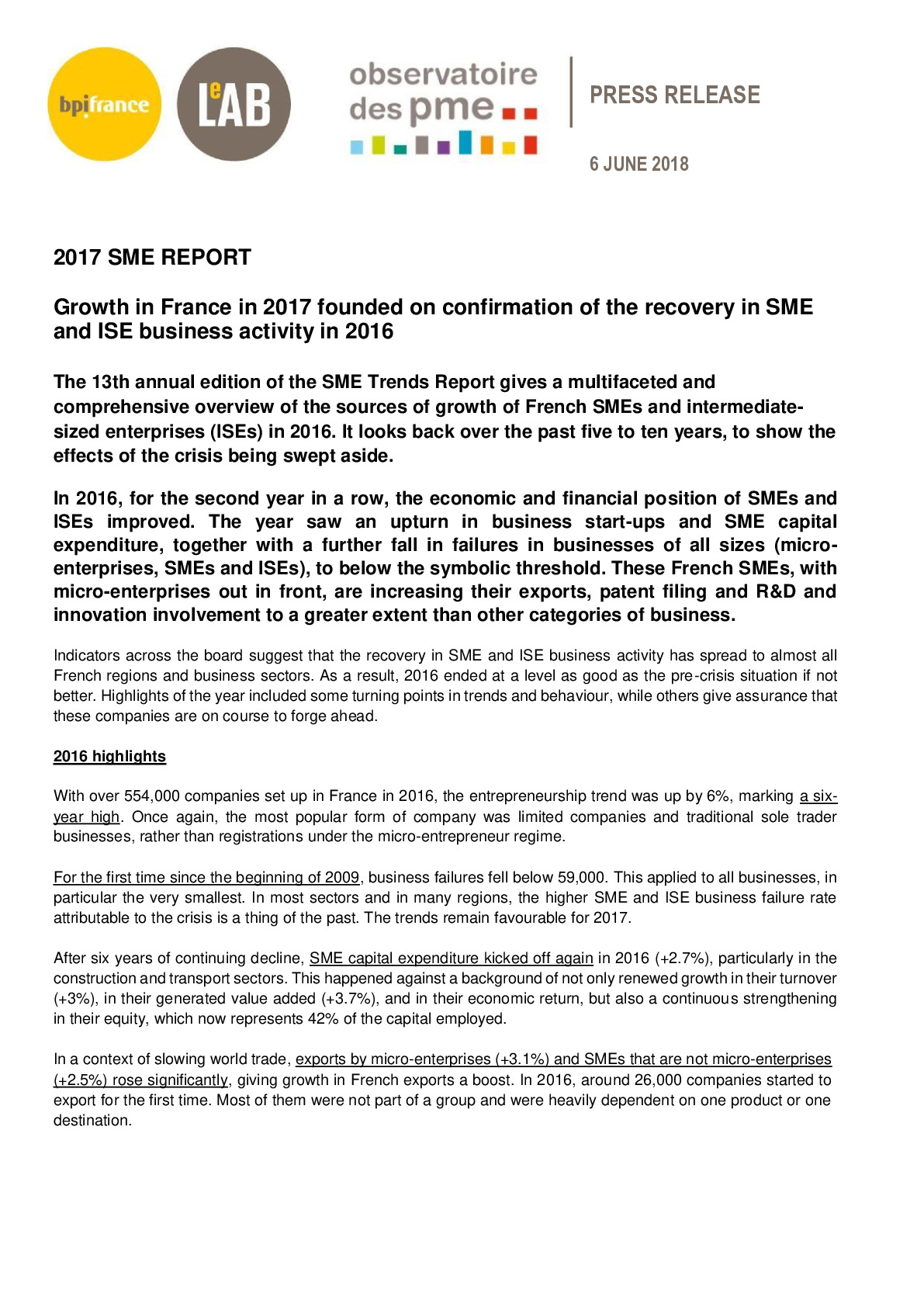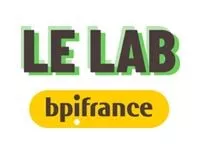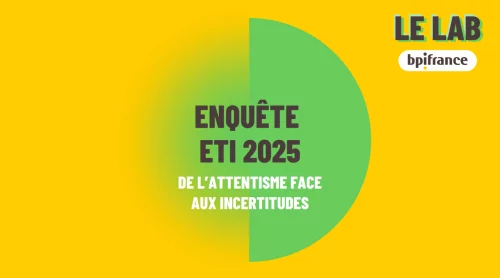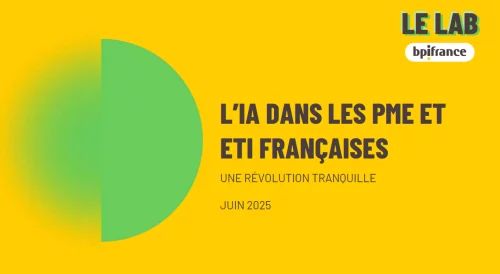In 2016, for the second year in a row, the economic and financial position of SMEs and ISEs improved. The year saw an upturn in business start-ups and SME capital expenditure, together with a further fall in failures in businesses of all sizes (micro-enterprises, SMEs and ISEs), to below the symbolic threshold. These French SMEs, with micro-enterprises out in front, are increasing their exports, patent filing and R&D and innovation involvement to a greater extent than other categories of business.
Indicators across the board suggest that the recovery in SME and ISE business activity has spread to almost all French regions and business sectors. As a result, 2016 ended at a level as good as the pre-crisis situation if not better. Highlights of the year included some turning points in trends and behaviour, while others give assurance that these companies are on course to forge ahead.
2016 highlights
With over 554,000 companies set up in France in 2016, the entrepreneurship trend was up by 6%, marking a six-year high. Once again, the most popular form of company was limited companies and traditional sole trader businesses, rather than registrations under the micro-entrepreneur regime.
For the first time since the beginning of 2009, business failures fell below 59,000. This applied to all businesses, in particular the very smallest. In most sectors and in many regions, the higher SME and ISE business failure rate attributable to the crisis is a thing of the past. The trends remain favourable for 2017.
After six years of continuing decline, SME capital expenditure kicked off again in 2016 (+2.7%), particularly in the construction and transport sectors. This happened against a background of not only renewed growth in their turnover (+3%), in their generated value added (+3.7%), and in their economic return, but also a continuous strengthening in their equity, which now represents 42% of the capital employed.
In a context of slowing world trade, exports by micro-enterprises (+3.1%) and SMEs that are not micro-enterprises (+2.5%) rose significantly, giving growth in French exports a boost. In 2016, around 26,000 companies started to export for the first time. Most of them were not part of a group and were heavily dependent on one product or one destination.
- Almost all ISEs and large companies belong to a group, as does almost 1 SME out of 2*.
- Each year, 76,000 SMEs and ISEs are sold or passed on, affecting 8% of salaried jobs in France.
- The SME share of public procurement contracts has remained steady at around 60% of initial contracts.
- For the fourth year in a row, French private equity activity has increased, with almost €9 billion invested in 1,600 businesses.
- The 533 French SMEs and ISEs listed on Euronext account for 2 Pan-European SMEs or ISEs out of every 3.
- A still very accommodating monetary policy is easing SME access to finance. In France, fewer than one loan in every three to SMEs is backed by security*.
- There are over 8,600 companies in competitiveness clusters, 30% of them are less than 5 years old*.
- ISEs are largely to thank for the increase in the number of patents published, while the SME share remains much the same.
- The Jeune Entreprise Innovante (JEI), young innovative business scheme, cuts R&D and innovation labour costs by 12% for recipient businesses.
The 2017 SME Report, including even more analyses, graphs and data, can be found and downloaded free of charge from 6 June at: https://library.bpifrance-lelab.fr/SME17
*Most recent available data: 2015.



